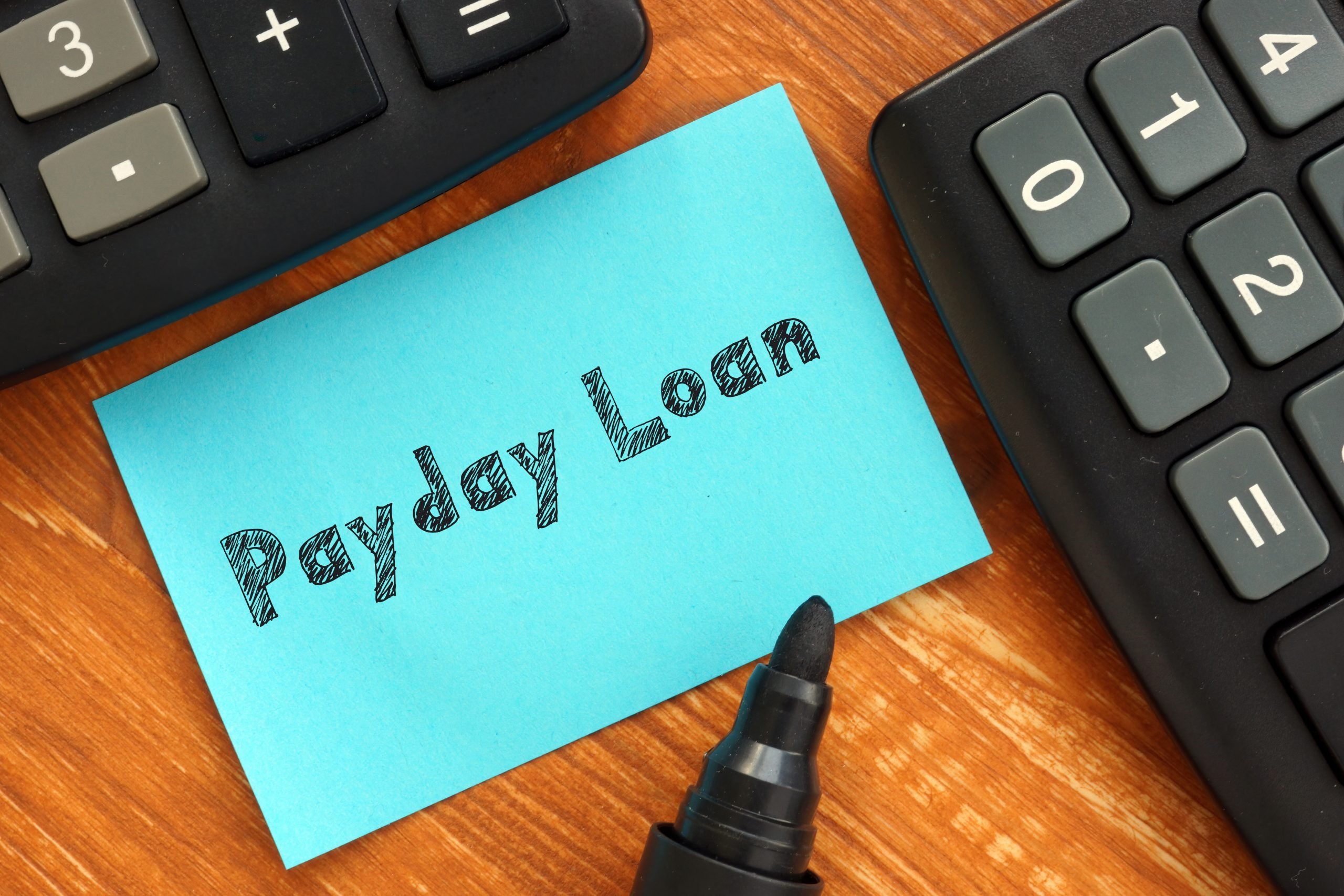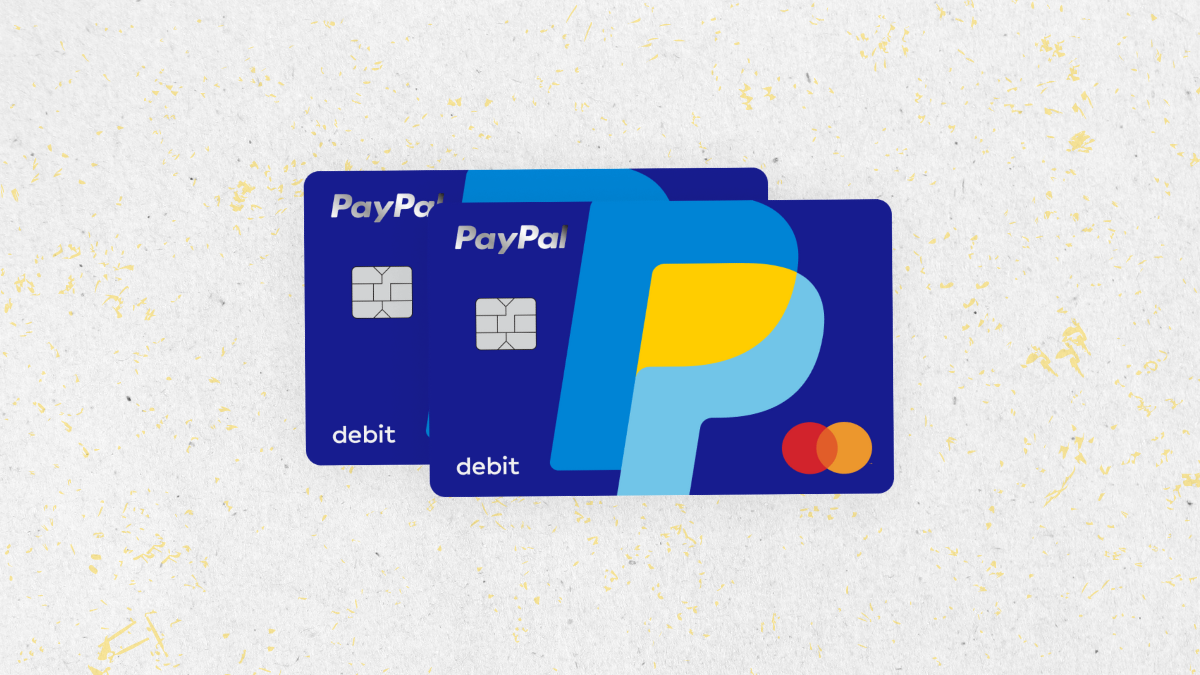Finances
How to get low interest rates on loans
When shopping for a loan, it's important to consider rates. So, we made a complete list of how to get low interest rates on loans. This post will tell you everything you need to understand and learn what impacts these rates. Read on!
Advertisement
Find out how to get the best deal on a loan

Are you in the market for borrowing some cash? If so, it’s important to learn how to find low-interest rates on loans.

Choose the perfect loan for you
Find out all you need to know to choose the ideal loan, including information on rates, repayment terms, and what to look out for. Keep reading!
But how can you do that? This blog post will tell you how to find the best loan rates and save money on your next loan. Keep reading to learn more!
You will be redirected to another website
You’ll receive messages for less than 1 week, with a maximum of 1 message per day. You can unsubscribe anytime by replying STOP. By submitting this form, I confirm that I am 18+ years old and agree to the Privacy Policy and Terms and Conditions. I also provide my signature, giving express consent to receive informational messages via automated emails, SMS, MMS text messages, and other forms of communication. Message frequency may vary as part of our good-faith effort to respond to your inquiry. Message and data rates may apply. Text STOP to cancel. I understand that my consent to receive communications is not a condition of purchase and that I may revoke my consent at any time.
Advertisement
What are interest rates and what do they mean for borrowers?
Interest rates are the fees lenders charge on loans. They are expressed as a percentage of the loan amount.
There are two types of interest: fixed or variable:
- Fixed rates: are decided when you take a loan and remain the same during the course of it.
- Variable rates: may increase or decrease any time, based on the market and other aspects that lenders will consider.
For borrowers, interest rates can significantly impact the final cost of a loan.
A higher interest rate will increase the amount of interest over the life of the loan.
On the other hand, a lower interest rate will result in less interest.
So, low-interest rates make it cheaper for borrowers to take out the money they need, which can encourage spending and help to boost the economy.
Interest rates also affect the monthly payment, with higher rates resulting in higher payments and vice versa.
Central banks often raise interest rates to prevent inflation when the economy is doing well.
However, central banks will lower interest rates during an economic downturn in order to encourage borrowing and stimulate economic activity.
As a result, the possible changes in interest rates can have a big impact not only on borrowers and on the economy as a whole.

How to get a personal loan: 6 steps
Here are six simple tips on how to get a personal loan. This guideline can help you improve your chances of getting the money you need. Read on!
What is a reasonable interest rate on loans?

Interest rates on loans can vary depending on the type of loan you are taking out and the lender you are working with.
However, the average borrower usually will qualify for a loan interest rate that falls between 10 and 28 percent.
As a result, any offer that comes in below that range can be considered to be reasonable.
Of course, there are some other factors to consider as well, such as the length of the loan and the overall cost of borrowing.
However, when looking for a good deal on a loan, it’s always worth comparing offers to see which one will give you the lowest interest rate.
Advertisement
What factor can impact the interest rate?
When you get a loan, the interest rate determines how much extra you’ll have to pay on top of the initial amount you borrowed.
Consequently, the higher the interest rate, the more you’ll end up paying. So you might be wondering what factors can impact lenders’ interest rates.
The first factor with a significant impact is inflation. It happens when prices go up over time, and it can cause lenders to charge higher interest rates to keep up with those increasing prices.
Another factor that impacts interest rates is the prime rate. It is the interest rate that banks charge their best customers. It’s a sort of benchmark for other interest rates.
If the prime rate goes up, you can expect other rates – like the ones on your loans – to go up as well.
Other things that can impact your loan’s interest rate include your credit score and the type of loan you’re getting.
Then if you’re looking forward to getting a loan with low interest rates, keep these factors in mind.
They will help you make a more informed decision and pay less.
Save money and time with these 5 tips for getting lower interests on loans

Taking out a loan can be a handy way to cover a financial shortfall, but it’s important to make sure that you can get the best deal possible on your loan.
Thinking about that, we’ve gathered five tips for getting lower interest rates on loans:
Advertisement
1. Shop around for the best rates
The first thing to remember is not to go with the first lender you find. Research different options and compare interest rates to find the best deal.
Depending on the lender, you may find lower rates and better payment conditions.
2. Improve your credit score
Lenders will analyze your credit score to determine the interest rate they’ll charge you for a loan.
The higher your score, probably the lower the rate will be. Knowing your score lets you anticipate the rates and know what to expect when shopping for a loan.
You can get free credit score consultation from various websites or by ordering a copy of your credit report from one of the three most important credit-reporting agencies in the U.S: Equifax, Experian, or TransUnion.
Different lenders are willing to lend to all scores. However, you must pay attention to their terms and see if they fit your pocket.
3. Consider a shorter loan term
A shorter loan term means you’ll have to make larger monthly payments, but you’ll pay less in interest over the life of the loan.
That could save you hundreds or even thousands of dollars in the long run.
4. Make extra payments when possible
If you have some extra cash, consider making an additional payment on your loan.
That will help you pay off the loan sooner and save on interest costs.
Some loans have early payment discounts, so read the bottom line carefully, and be attentive to the conditions.
5. Refinance if rates drop
If interest rates fall after you take out a loan, consider refinancing to get a lower rate and save on interest costs.
Just be sure to factor in any fees associated with refinancing before you decide whether it’s worth it.
We hope these tips have helped you to become more conscious of low interest rates on loans.
From now on, you will be able to make smarter decisions on your financial education and save some extra bucks on the interest.

Payday loans: are they a good alternative?
If you need quick cash, try to avoid Payday Loans. They have incredibly high interest, and that can end up damaging your score. Keep reading to understand what they are.
Trending Topics

Holiday budgeting: 10 best ways to save money
Holiday budgeting can help save a lot this holiday season. Check out these ten tips for slashing your holiday budget. Read on to learn more!
Keep Reading
Happy Money Personal Loan review: how does it work and is it good?
Read the Happy Money personal loan review to understand how it works and how it might benefit you. Check it out!
Keep Reading
Discover it Student Chrome credit card review: is it worth it?
The Discover it Student Chrome credit card offers solid rewards for students, and a great welcome bonus to earn double cashback.
Keep ReadingYou may also like

Wells Fargo Autograph℠ Card review
Read our Wells Fargo Autograph™ Credit Card review, and learn how to enjoy multiple benefits. No annual fee, cash back rewards!
Keep Reading
Easily manage your money: PayPal Debit Card review
PayPal Debit Card review - What sets this card apart from other options? Earn cash back on purchases and pay no monthly fee! Read on!
Keep Reading
Explore the steps to apply for My GM Rewards® Mastercard®
Want to earn rewards on your GM purchases? Apply for My GM Rewards® Mastercard® now and start earning today!
Keep Reading